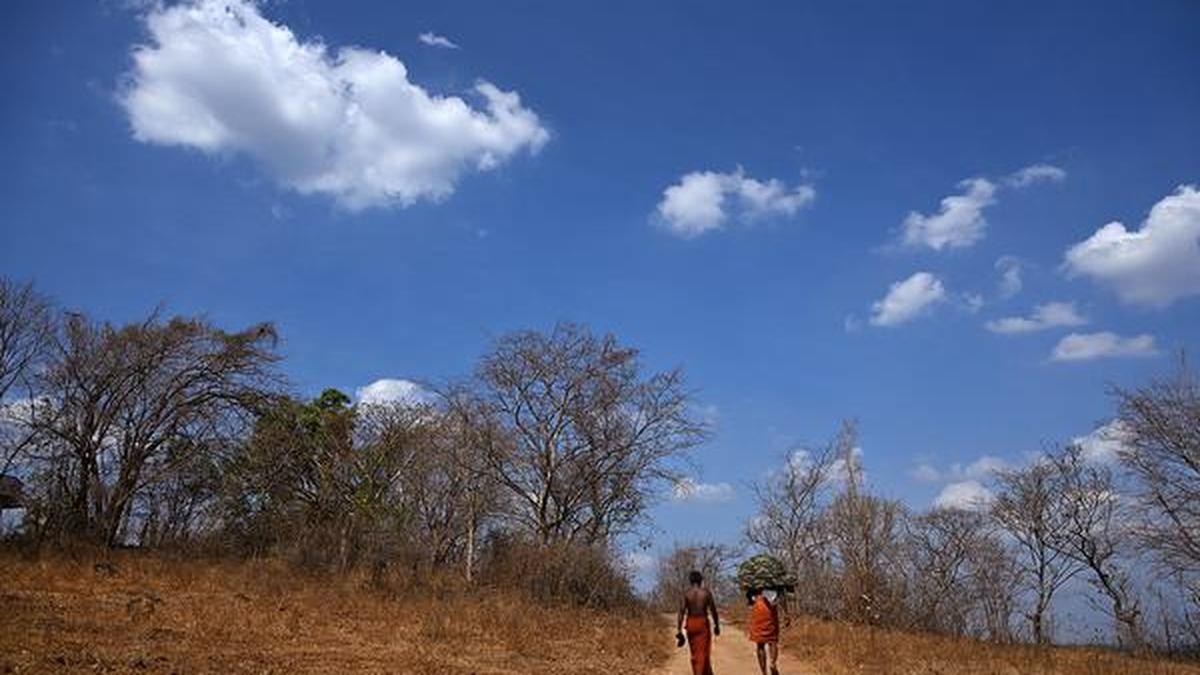
The value of attributing extreme events to climate change | Explained Premium
The Hindu
Understanding the evolving science of climate change attribution and its implications for legal liability and international climate finance.
Just a couple of decades ago, the U.N. Intergovernmental Panel on Climate Change (IPCC) argued that individual weather events could not be attributed to climate change. The science has since evolved, albeit with all its attendant uncertainties, and now we regularly hear of researchers having been able to attribute some individual extreme events to climate change.
Many scientific and data challenges persist in this exercise even as its outcomes are argued to be usable for estimating richer countries’ historic liability of climate-related ‘loss and damage’ and the legal liability of governments and corporations in precipitating adverse events like floods and droughts. However, researchers have used a variety of methods to evaluate attributability, which raises questions about whether attribution science is mature enough to be used in courts and multilateral fora.
While no formal cost-benefit analysis of an attribution exercise has been reported, many experts have argued that attributions are critical for the ‘loss and damage’ (L&D) process. L&D doesn’t have a unique definition but its place in climate talks under the U.N. Framework Convention on Climate Change has come a long way in the last decade. Economically developing countries, in particular those that are ‘particularly vulnerable’, have demanded the L&D fund to pay for the havoc climate change wreaks within their borders. Obviously, the criteria by which ‘particularly vulnerable’ countries are to be identified are crucial.
For example, India is a developing country in the tropics and is highly vulnerable to climate change’s impacts. But it is unlikely that India will qualify for L&D funding, and herein lies the rub: should climate finance and green funds focus on adaptation and mitigation alone or should they administer L&D funds separately? If the latter, then will attribution exercises help? The developed world is opposed to the idea of being held legally accountable in a court for any extreme events since that could open a floodgate of lawsuits.
Against this background, our understanding of whether attribution reports can actually hold up in court as evidence of culpability is very important. A good case in point is a recently published report on heatwaves in Asia.
Last week, a team of climate scientists called World Weather Attribution (WWA) reported that heatwaves across Asia, from the west to the southeast, had been rendered nearly 45-times more likely by climate change.
It is worth understanding how these ‘rapid extreme event attributions’ are performed. The most important concept is the change in probability: in this case, the climate scientists contrasted the conditions in which the heatwaves occurred against a counterfactual world in which climate change did not happen. The conditions that prevail in the counterfactual world depend on the availability of data from our world. When there isn’t enough data, the researchers run models for the planet’s climate without increasing greenhouse gas emissions and other anthropogenic forcings. Where there was sufficient data, they use trends in the data to compare conditions today with a period from the past in which human effects on the planet were relatively minimal.

Responding to an unstarred question by Udupi-Chikkamagaluru MP Kota Srinivas Poojary, Union Road Transport Minister Nitin Gadkari had told the Lok Sabha in December last that the 15.2 km stretch of the highway being developed by the National Highways division of the Karnataka Public Works Department would get completed by February 2025.





















 Run 3 Space | Play Space Running Game
Run 3 Space | Play Space Running Game Traffic Jam 3D | Online Racing Game
Traffic Jam 3D | Online Racing Game Duck Hunt | Play Old Classic Game
Duck Hunt | Play Old Classic Game










